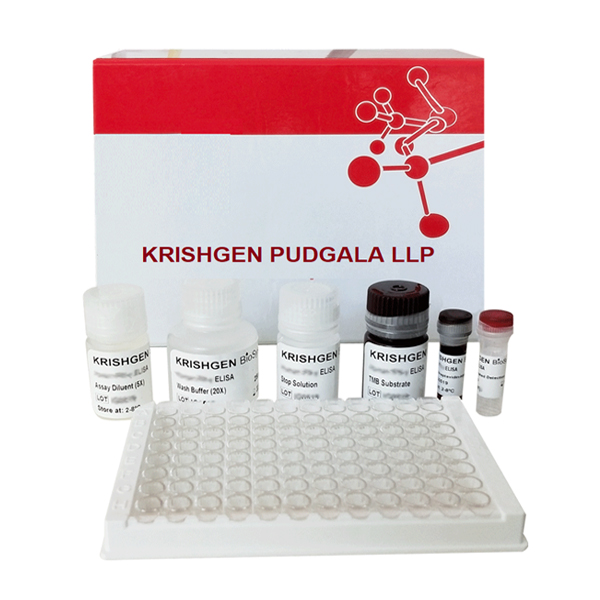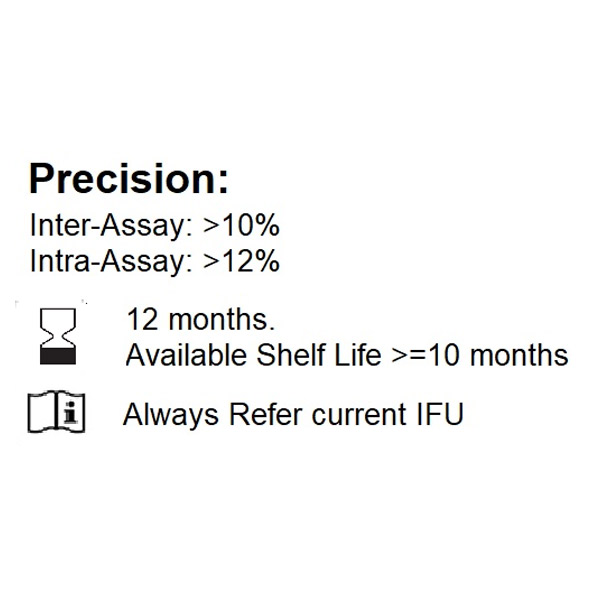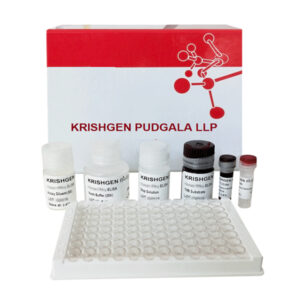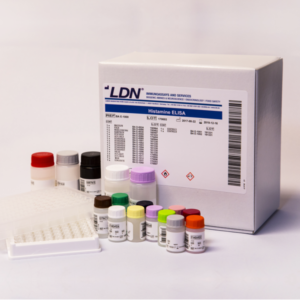Introduction: Follicle Stimulating Hormone (FSH) in synergy with follicle stimulating hormone (FSH) stimulates follicular growth and ovulation. It plays a key role in gonadal function. It controls the length and sequence of the female menstrual cycle, including ovulation, preparation of the uterus for implantation of a fertilized egg, and ovarian production of both estrogen and progesterone. Disorders often associated with high endogenous FSH secretion are Polycystic Ovary Syndrome (PCOS), menstrual cycle disorders, infertility and high rates of spontaneous abortion. Studies have shown that serum FSH levels should be between 1.2 IU/L and 5.0 IU/L, for optimal development follicle in cycles where endogenous FSH is suppressed.




